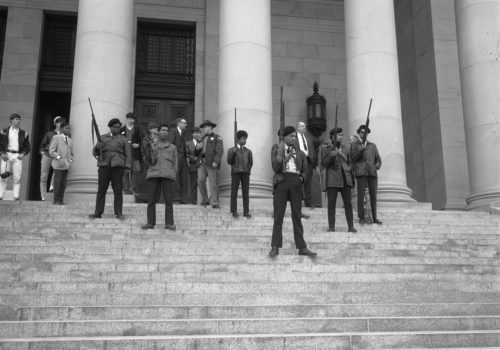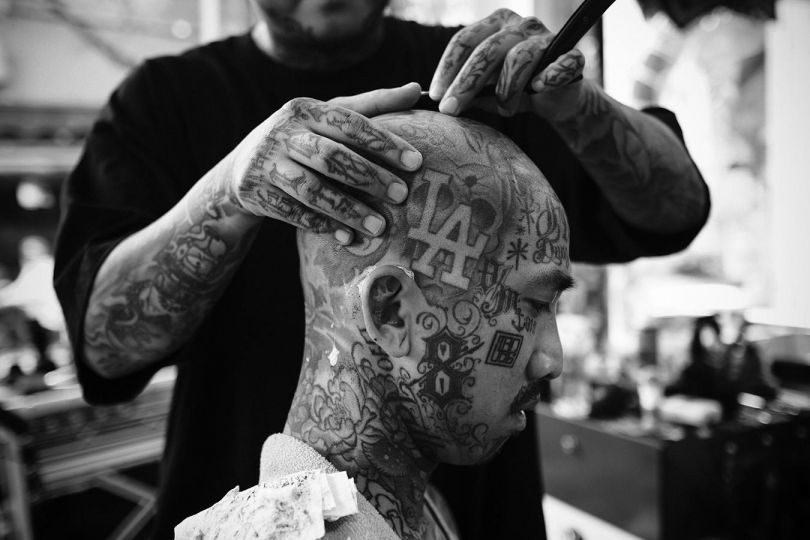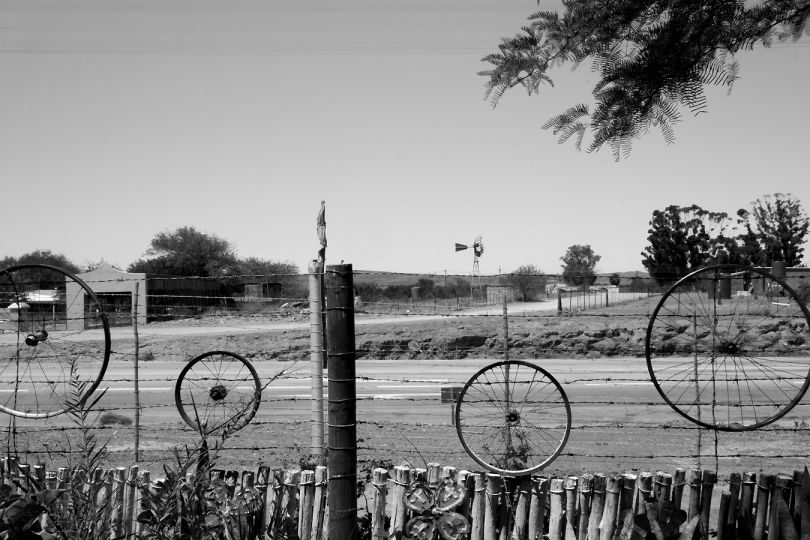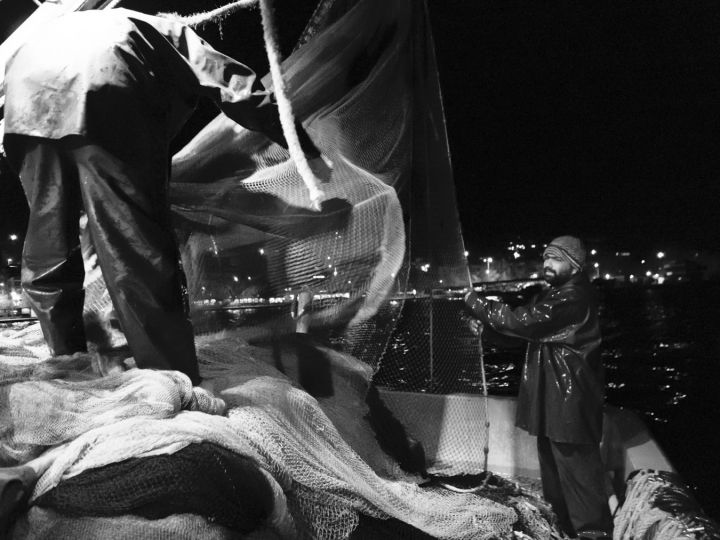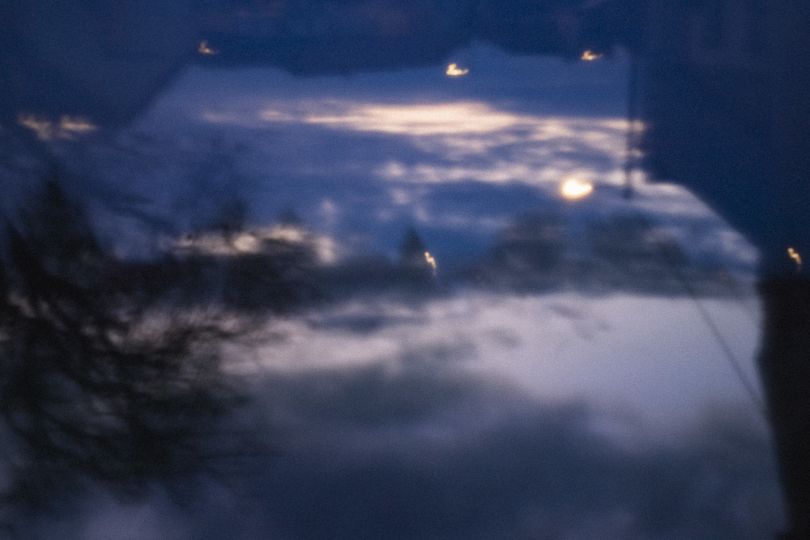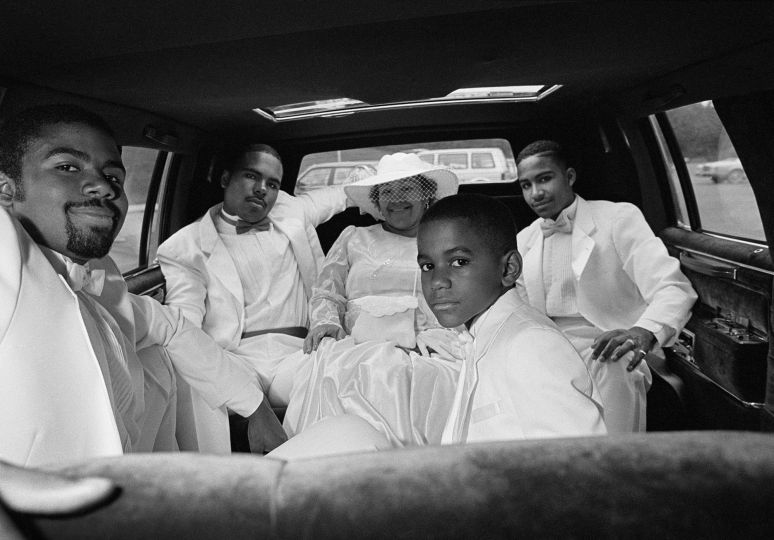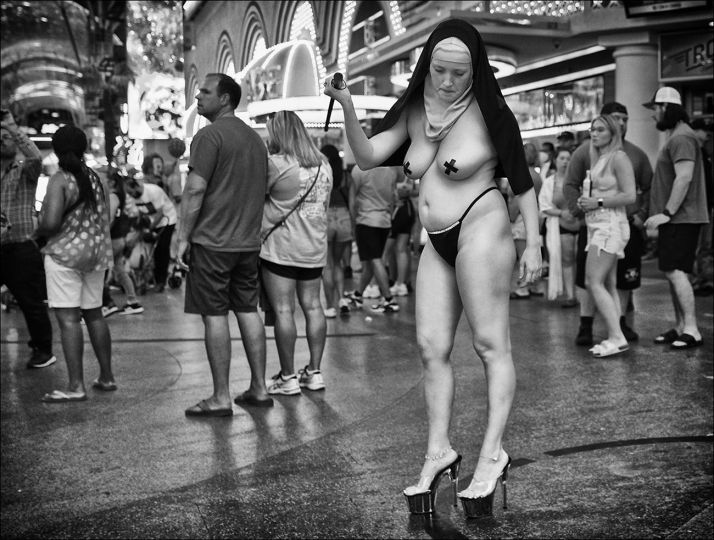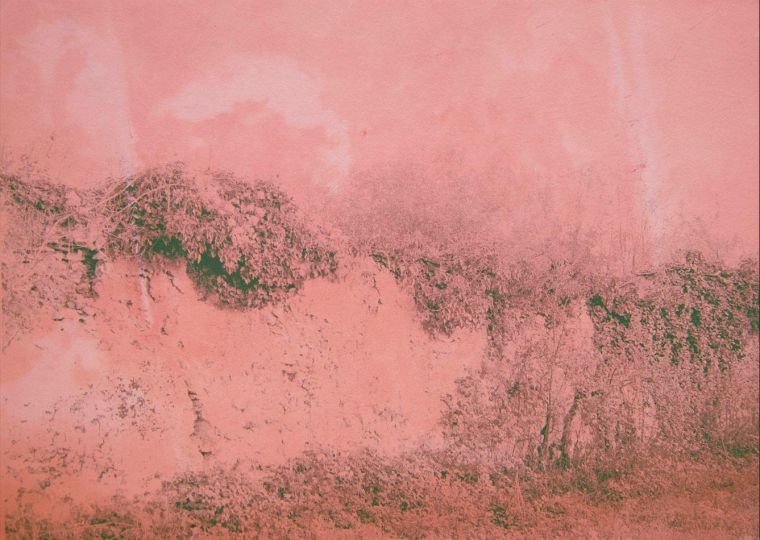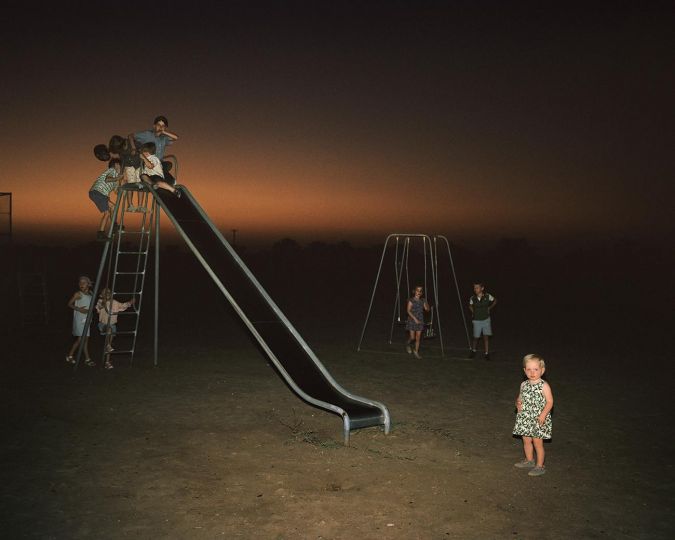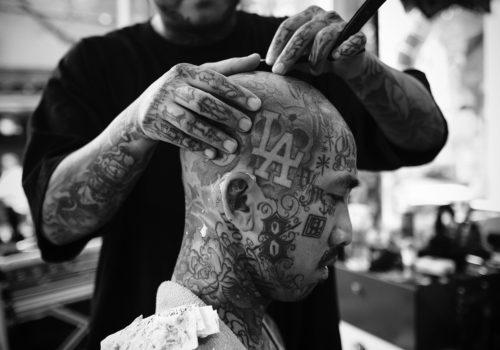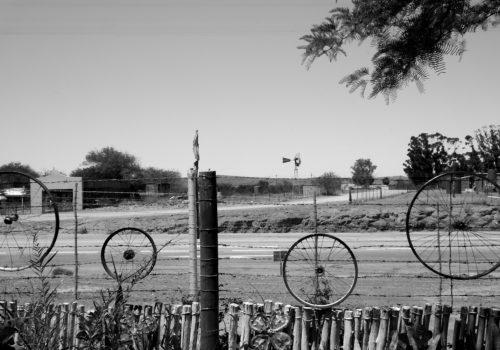Photojournalists and documentary photographers have a vital role to play in a free society. Their images have the power to expose realities and shape current events, and the influential pictures that rise to the surface during times of social change remain in our consciousness for years to come. Many of these memorable images focus on exceptional leaders and dramatic events, which then come to stand iconographically for the era as a whole.
The history of the civil rights movement is commonly illustrated with familiar images from cities such as Birmingham, Montgomery, and Selma. These tell an important story, though not a complete one. The struggle for racial equality in America has been ongoing and was never exclusive to the South. In cities from New York to Detroit and from Chicago to Los Angeles, the challenges faced by African Americans were as troubling as they were in southern states. Grassroots campaigns and local protests confronted racial discrimination in jobs, housing, education, and public accommodation, yet seldom were these demonstrations widely reported. They were documented, however, by a number of dedicated photographers, many of them activists themselves.
For this volume, historian Mark Speltz has carefully selected one hundred photographs taken between 1938 and 1975 in more than twenty-five cities, offering a broader perspective on the civil rights movement than is generally seen or recognized. Nineteen of these images come from the collections of the J. Paul Getty Museum and the Getty Research Institute, including photographs by Bob Adelman, Charles Brittin, and others.
Like the 2013 Getty publication This Is the Day: The March on Washington by Leonard Freed—a photographic commemoration of the fiftieth anniversary of the March on Washington for Jobs and Freedom—North of Dixie provides close-up views of ordinary people during extraordinary moments in American civil rights history.
By necessity, the pictures in North of Dixie represent a small fraction of the photographs that have documented the pursuit of racial equality in the United States. Yet if this publication helps in even a modest way to illustrate the power of photography to preserve historical memory, impact social consciousness, and stimulate dialogue going forward, we will be more than gratified.
Timothy Potts, Director The J. Paul Getty Museum
Mark Speltz, North of Dixie
Civil rights photography beyond the south
Published by Getty Publications
$35
http://shop.getty.edu/

